
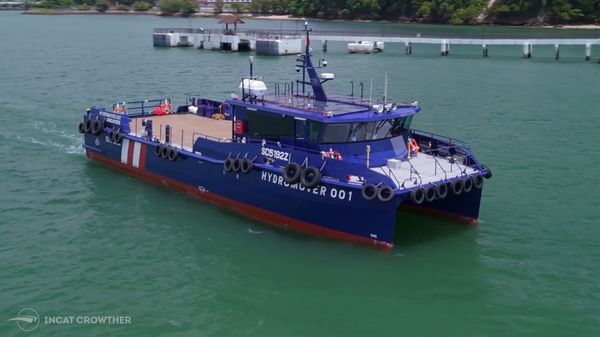
|
Yinson GreenTech launches upgraded electric cargo vessel in Singapore, expands to UAE
Hydromover 2.0 offers increased energy storage capacity and can be fully recharged in under two hours, says designer. |
|
|
|
||
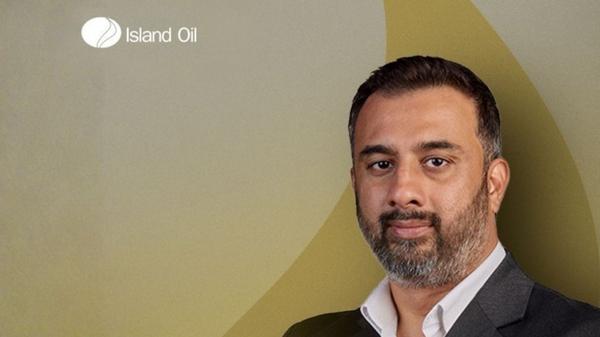
|
Island Oil appoints Nildeep Dholakia as senior trader in Dubai
Marine fuel supplier expands Dubai team as part of regional growth strategy. |
|
|
|
||
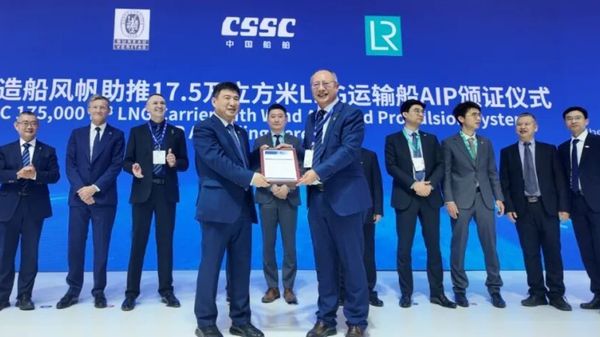
|
Dalian Shipbuilding's wind-assisted LNG carrier design receives Bureau Veritas approval
Design combines dual-fuel propulsion with foldable wing sails to cut emissions by 2,900 tonnes annually. |
|
|
|
||
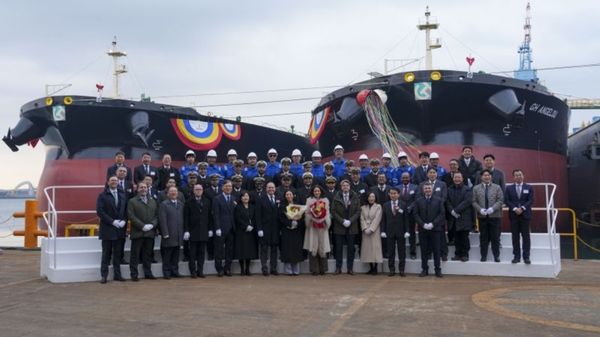
|
Anglo-Eastern adds two methanol-ready Suezmax tankers to managed fleet
GH Angelou and GH Christie were christened at HD Hyundai Samho Shipyard on 5 January. |
|
|
|
||
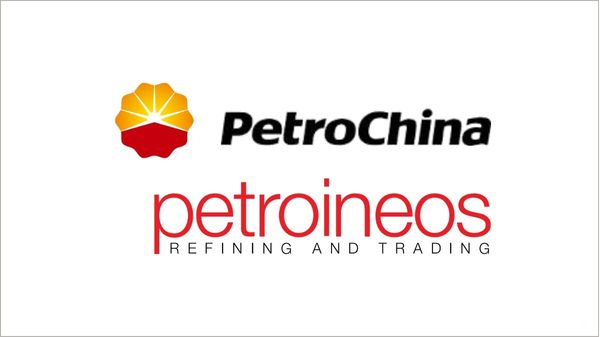
|
PetroChina International seeks bunker trader for London or Rotterdam role
Company aims to expand sustainable marine fuel portfolio and strengthen ARA region presence. |
|
|
|
||
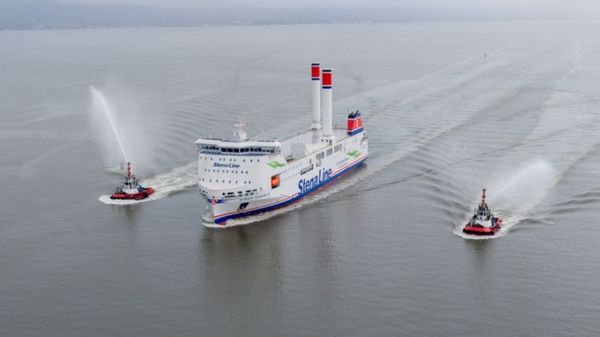
|
Stena Line deploys methanol-ready freight vessel with rotor sails on Belfast-Heysham route
Stena Connecta joins sister ship in £100m investment to boost Irish Sea freight capacity. |
|
|
|
||
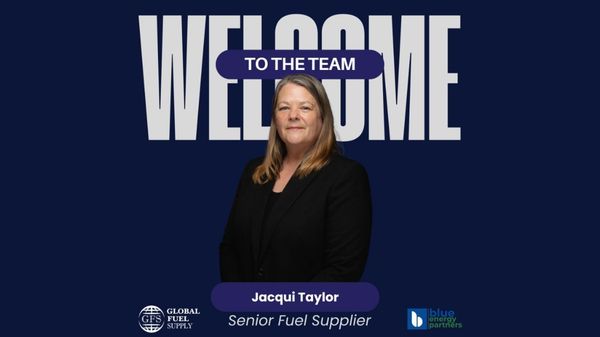
|
Global Fuel Supply opens Cape Town office, hires senior fuel supplier
Bunker firm establishes South African hub, appointing experienced regional specialist. |
|
|
|
||

|
Riviera Marine incorporates The Bunker Firm Group in consolidation move
Monaco-based bunker trader absorbs Danish group, creating combined entity with offices across five cities. |
|
|
|
||
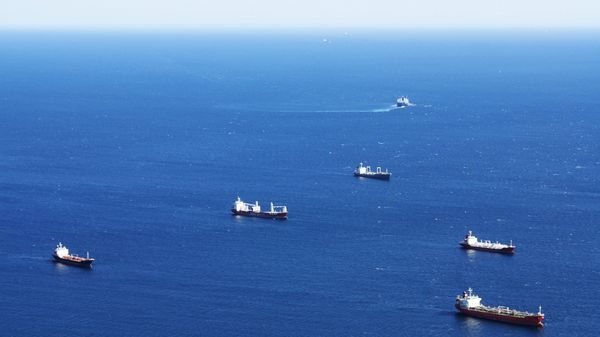
|
Uni-Fuels adds EU carbon allowances to marine fuel offering
Singapore-based company expands services to help shipowners meet EU emissions trading compliance requirements. |
|
|
|
||
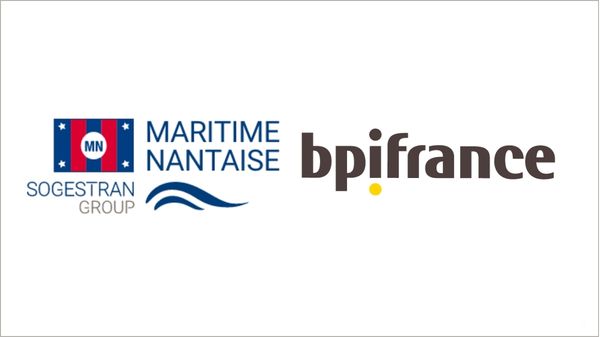
|
Compagnie Maritime Nantaise wins Bpifrance backing for space logistics vessel decarbonisation project
French shipowner to develop hybrid propulsion system combining rigid wings, thermal engines, and digital twin. |
|
|
|
||
| Shore power funding for container ships in Vancouver [News & Insights] |
| Awards for firms using low-sulphur fuels 'beyond the required levels' [News & Insights] |
| KPI Bridge Oil hires trader in Seattle [News & Insights] |
| Seattle cruise ship calls set to rise in 2015 [News & Insights] |